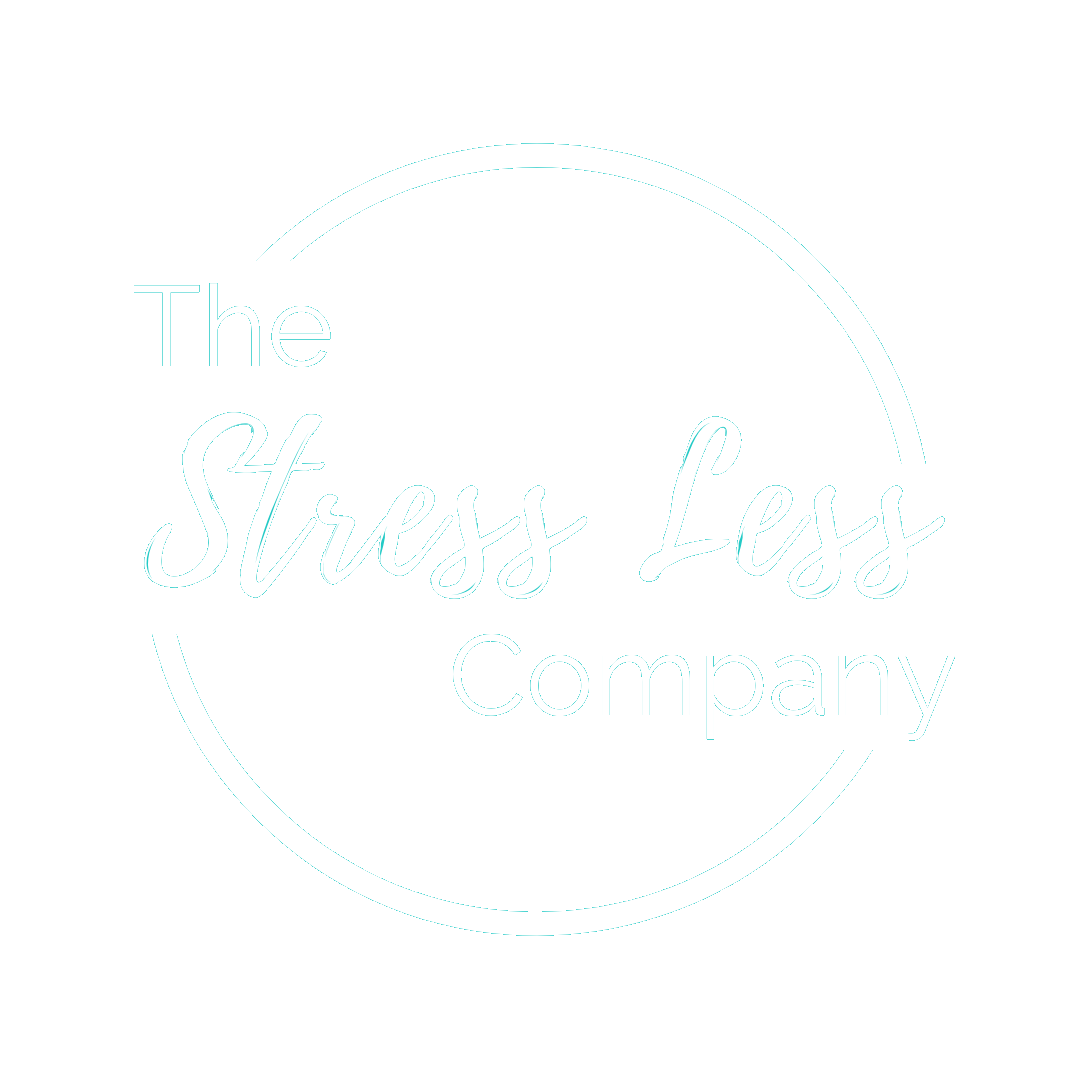As a stress management expert, Mental health is a topic very close to my heart. Recently, more and more people in the media and society have been raising awareness and paying attention to mental health, but there is still a lot of work to be done for a lot of us in taking care of our mental health. That is why October is mental health month on The Stress Less Show and I am so excited to have professional counselor, Maria Reyes, on this week’s episode to talk about how we can start advocating for ourselves by asking for what we need.
Maria’s path to counseling began after a career as a paramedic. During her 10 years as a paramedic, she, unfortunately, developed PTSD from the trauma she witnessed each day and from being physically assaulted by co-workers.
“I didn't know who to ask for help, but I was just internalizing all these feelings and issues.”
It wasn’t until she went to grad school for community and trauma counseling that she realized she needed to seek out a therapist for herself and take care of her own trauma and mental health. She now owns Resilient Mind Works and counsels a variety of clients from medical and first responder fields as well as entrepreneurs and women. Through her work, she has noticed that, much like herself, many of us are not paying enough attention to our own needs.
“We're always taking care of others… But then for us, we are not asking for what we need and we feel like neglecting ourselves is a badge of honor. And then we resent people for because they're not giving us what we need from them. But we're not asking.”
Maria has since come up with a few tips on asking for what we need that she was kind enough to share on the show this week.
Tip #1: Find Clarity
Maria’s first tip for asking what we need is the most important one: we need to get clear on what our needs are. A lot of us work really hard at home or at work taking care of and identifying the needs of others, but when someone asks us if we need anything, we either stare at them completely lost for words or worse, we just reply by saying “Nope, I don’t need anything!”
“We have to live our lives with intentions, but we can't if we're not clear.”
The key to finding that clarity on our needs is by pausing and reflecting on ourselves. Maria suggests journaling or practicing meditation or breathwork to get in touch with ourselves on a deeper level.
“Be alone and just pause for yourself and take a moment with yourself.”
By pausing and reflecting on ourselves, we develop the relationship we have with ourselves. When we cultivate a healthy relationship with ourselves, it becomes clear where our needs are in our lives.
Tip #2: Ask At the Right Time.
Think about all the times you have come home from an absolutely exhausting day just to have someone turn around and ask you to make dinner or help them with something right as you are trying to relax. Even if you do end up doing what is asked of you, you probably weren’t happy about it. When we have figured out what we need and who we need to ask for it, Maria stresses the importance of finding the right time to approach that person.
“If we just tell them what we need at the wrong time... They're getting defensive. They don't want to hear about it and it doesn't become productive.”
A great way to find the right time to ask someone for what we need is to simply notify the person that we would like to talk. When we notify, we don’t attack them or ask for what we need right then, we are just letting them know that we want to have a conversation with them so we can reconvene at a time when that person is in a mindset to listen to us.
Tip #3: Use the Positive Sandwich Technique
Getting clear on what we need and identifying the right time to ask for it is one thing, but actually going for it and having the conversation around our needs can be really terrifying. What if they reject us or get angry or hurt? There are a lot of unknowns to face when we ask for what we need, which is why Maria notes that the hardest part about asking for what we need is having to let go of the outcome.
A way to ease some of the fear around the outcome, Maria suggests, is by using the Positive Sandwich technique when asking for what we need. When you sit down to ask your boss, friend, partner for what you need from them, start the conversation with a positive statement. Then, ask for what you need and end the conversation with another positive statement.
“You end on a positive note so when you talk to them, they're not on defense mode… They're hearing what you are trying to say and what you want.”
By using the Positive Sandwich technique, we give our request the best chance at success we can. This can help alleviate some of the anxiety around asking for what we need. Soon we will find that the more we ask for what we want and the more we start getting what we need, the easier it becomes to advocate and take care of ourselves.
If you need more support in asking for what you need in life, you can learn more about Maria Reyes’s work, including her weekly support group for first responders, by visiting her website here.
